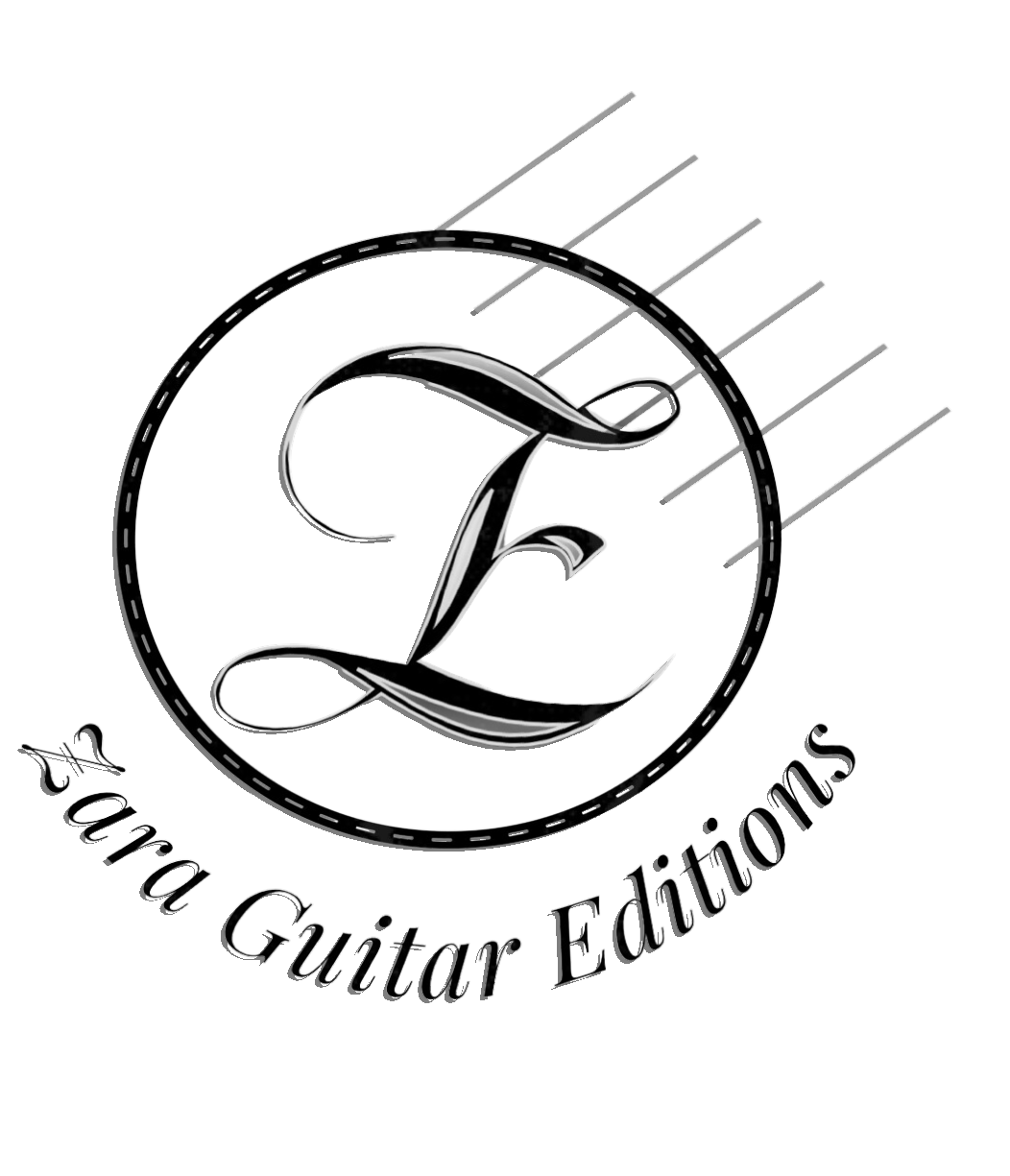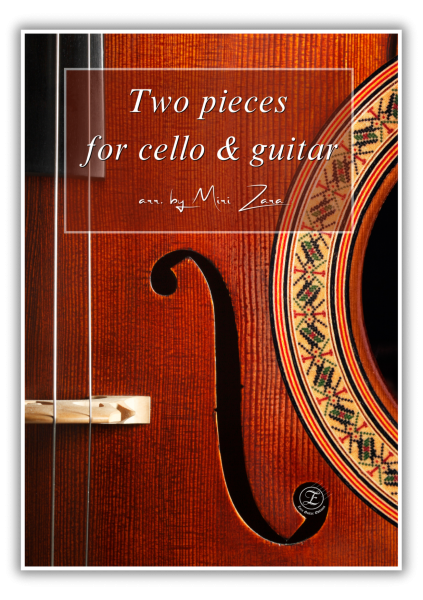Be the first from your country – unlock it & get 25% off!


.jpeg)




Two pieces for cello & guitar
| Type of Music Notation: | Standard |
| Format: | |
| Number of pages: | 17 |
Browse all pages in unique Flip-books preview with audio MIDI
Maria Theresia von Paradis - Sicilienne
In 1924, Schott published a “Sicilienne” credited to the blind eighteenth-century piano virtuoso Maria Theresia von Paradis (1759-1824) as “revised and edited” by violinist Samuel Dushkin. Dushkin claimed that he had discovered this piece as a piano work, and had recast it for violin and piano. However, no such work survives among primary manuscript sources for von Paradis, and it is fairly certain that Dushkin composed this little violin encore himself. The doubtful pedigree of the Sicilienne has hardly prevented its popularity; it has a generous, graceful and arching melodic line which shifts gently from major to minor over a simple, cradle-song rocking accompaniment.
"Unfortunately, we will probably never find out for sure how it really was. This wonderful composition came to me only in 2023 through my son, who started playing it on the cello. I arranged the piano accompaniment for the guitar so that I could play it with my son at one Christmas concert. The original key of E flat major is not very suitable for the guitar, as open strings are available to a very limited extent. Therefore, for easier playability and better sound, I used the scordatura E on D and the capodaster in the first position. So the guitar can play in a much more comfortable key of D - major."
Anton Rubinstein - Melody
Anton Rubinstein (1829 – 1894) was a Russian pianist, composer and conductor who founded the Saint Petersburg Conservatory, the first high school of music in Russia. As a pianist, he was compared to the most important Franz Liszt of the time, and ranks among the greatest piano virtuosos ever.
"Arranging original piano accompaniments for an instrument like the guitar is not easy at all. It is an effort full of compromises, where at the same time the composer's original idea should not be dishonored. In the interpretation, this composition is based on agogy, therefore not as a dance, as it may seem at first. Enjoy this duet for cello & guitar!"


